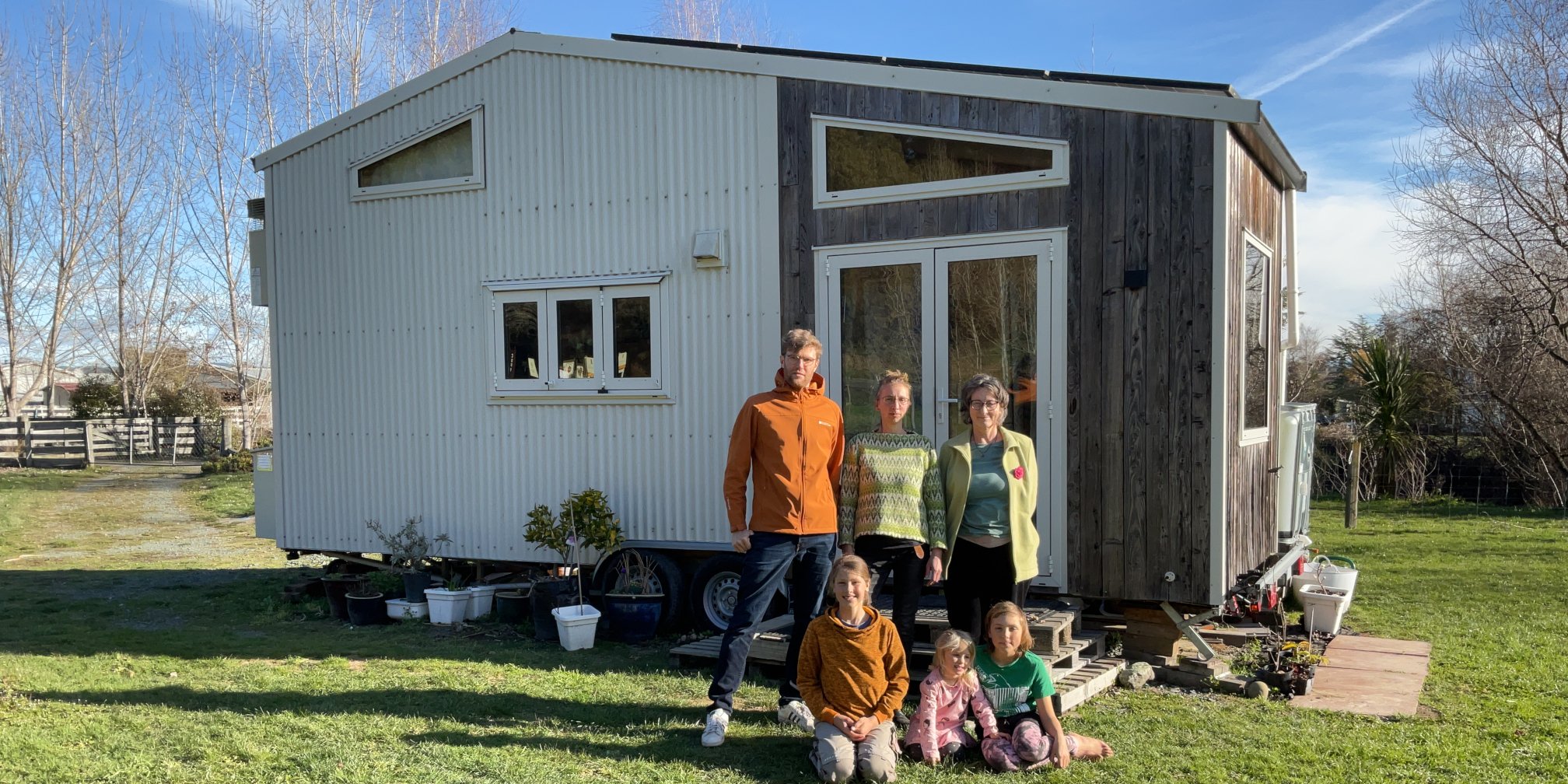Why living tiny? Would people not prefer to live in a standard 3bedroom house rather than on 18sqm on wheels, mostly on property not owned by themselves?
For many people mobile homes have become increasingly appealing in recent years. They are very indicative of what the realities are for people here and elsewhere in the world - financial, environmental or ethical. Here in New Zealand, the classic housetruck or bus is part of the culture. However, living mobile has moved away from being a mere fringe lifestyle. More and more people are drawn towards mobile living solutions.
The tiny home on wheels is the probably the most prevalent example. There are businesses and builders everywhere trying to cater for their different customers who have an emphasis on affordability and sustainability. The solutions are oftentimes amazingly clever and efficiently designed objects that are not only aesthetically pleasing and affordable compared to your ordinary residence and sustainable. They have a small footprint and allow, within reason, a passionate and skilled person as well as businesses to creatively personalise living without the hurdles known from houses we see advertised on the property market.
A very wise man I talked to just recently said that building a house in the 90‘ was somewhat achievable, but this is no longer the case. Most greenfield subdivisions are neither affordable, aesthetically pleasing or sustainable. They all look the same and sit on land that was formerly used productively, which is now irreversibly lost. For more and more people making decisions based on respecting the environment with an intent to reduce their impact has become imperative. They are recognising that sharing resources and collaborating to achieve common goals such as community gardens and multi-generational living has an important impact on building thriving and resilient communities whilst countering or at least better managing the ever increasing costs of living. It allows people to help themselves and each other, something inherently New Zealand which is so admired by foreigners choosing this country as their forever home where one loves to raise a family. It helps to integrate the most vulnerable — single parents, young adults or single people over 60, taking financial burden off the system and providing for a sense of belonging and safety for groups that are significantly more at risk for stress-related responses. It also helps those core—families who are looking for that extra family member to complete their union, for people who need a hand on their land or who simply want to share it with other people and are appreciative of mobile home dwellers.
Historically, people have been living in mobile homes, travelling around owning the chattel they live but not the realty they are parked on. This is exactly what we see happening again be it conscious of lifestyle choice because of frequently changing circumstances, environmental concerns and pretty clearly because of financial reasons. It is the job of Parliament and local government to enable low—impact and affordable lifestyle choices, not to punish them. When there are real concerns, they should be addressed so that they can be mitigated, but the focus must be the environment and the communities in New Zealand, not the revenue for local councils.
If you or your business feel impacted by the current situation, we would love to hear from you so that Members of Parliament can be approached together.
Read our case to get an understanding what we have experienced so far.
